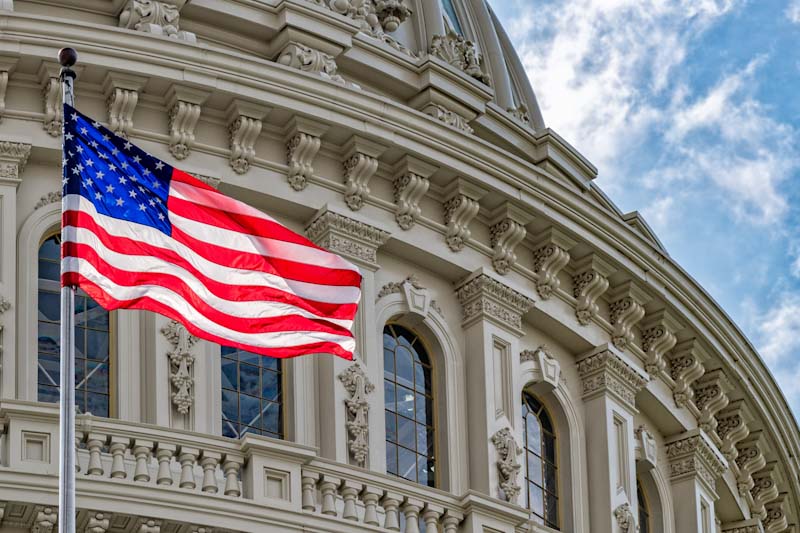This website uses cookies so that we can provide you with the best user experience possible. Cookie information is stored in your browser and performs functions such as recognising you when you return to our website and helping our team to understand which sections of the website you find most interesting and useful.
News
Legislative Update: Small Business Assistance & Congressional Recess
Small Business Assistance
Congress continues to negotiate “interim” legislation that would approve an additional $250 billion for small business relief through the Paycheck Protection Program (PPP). The program received $350 billion from the CARES Act, but Congress fears that the funding will run out and more relief is necessary and there is bipartisan support to add more funding but Democrats want policy changes as well.
The U.S. Small Business Administration (SBA) reported April 11 that small businesses have applied for $725,000, more than half of the $350 billion allotted for the PPP. Senate Majority Leader Mitch McConnell (R-KY) tried to pass a “clean” extension on April 9, but Democratic Senators blocked the vote. House Speaker Nancy Pelosi (D-CA) and Rep. Charles Schumer (D-NY) are insisting on additional funding for hospitals, food aid, and local governments, which many governors say the states are in desperate need of due to shortfalls from the pandemic. This week, the Senate remains in a stalemate punting action until Thursday. At this time, it is still unclear how lawmakers will proceed as the small business loans program is due to run out of money by the end of this week.
Congressional Recess
Congress is due to return from recess on April 20, but House and Senate members are signaling that the return date remains fluid. On April 13, House Appropriations Chairwoman Nita Lowey (D-NY) said on C-SPAN’s Washington Journal that the coronavirus pandemic likely will make it impossible for the House to return on April 20. Later that day, House Majority Leader Steny Hoyer’s (D-MD) office told representatives that the House will not come back to Washington until at least May 4 unless it needs to pass emergency measures to respond to the coronavirus pandemic. Following the advice of health experts, Leader McConnell announced that the full Senate is not expected return before Monday, May 4. Senators will receive 24 hours’ notice if the schedule changes.
USMCA
On April 10, a bipartisan group of 31 lawmakers is calling on the Trump Administration to provide flexibility for the automotive industry when the U.S.-Mexico-Canada Agreement (USMCA) enters into force. They ask that there be a targeted extension, which is necessary to allow the auto industry an appropriate adjustment period due to the supply chain delays caused by the COVID-19 pandemic. Last week, Mexican Undersecretary for Foreign Trade Luz María de la Mora said Mexico had asked the U.S. and Canada to provide the auto sector more time to comply with USMCA rules of origin. Both Mexico and Canada have sent their entry-into-force notifications, but the U.S. had not yet notified Canada and Mexico. July 1 remains the earliest the pact can enter into force.


